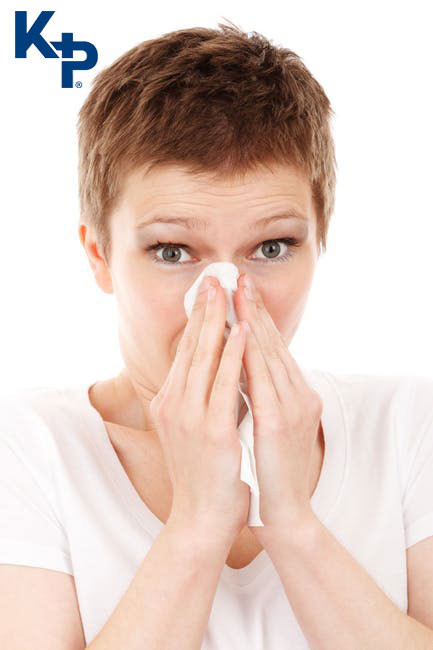How can we stop the spread of the Aussie Flu?
Friday, January 19th, 2018 | Blog
The Aussie Flu outbreak has recently been consuming the media, but what can you do to protect yourself from this?
People tend to think of the Flu as being ‘just a bad cold’ however, it is a serious disease that can result in complications, and that’s no different for the Strain H3N2. It has been labelled the Aussie Flu because it’s the same strain that has recently affected citizens in Australia.
How healthcare workers can protect themselves from the Aussie Flu:
The flu jab is free each year for healthcare workers, and is a great way to ensure you are protected. Take a look at our blog ‘6 reasons why healthcare professionals should utilise their free flu jab!’ to find out more about why as a healthcare worker you should make sure you are vaccinated against the flu.
Additionally, if more people are having the flu jab it is a great way to improve herd immunity, as it will help protect the wider population. The more people that get vaccinated, the less it can spread within the community.
Flu symptoms to look out for:
The flu can come on very quickly and as there are many symptoms some being similar to a cold, it is important to know what to look out for. Flu symptoms include sudden fever, headaches, chills, aches, a runny nose and a dry cough. A cold causes sneezing, a sore throat, blocked nose and a cough. A cold develops gradually over a few days whereas the symptoms of flu can often appear a lot more quickly!
The flu can leave you feeling fatigued for some time afterwards and lasts about a week, whereas a cold can be quickly overcome.
How you can help stop the spread of Flu:
Getting lots of sleep is important to keep germs at bay. Being run down is the perfect opportunity for the flu to take hold, so look after yourself!
Wrap up warm. The fact that flu is often called the ‘Winter Flu’ says it all… Our immune system doesn’t work as well when we are cold, so viruses are more likely to take hold. There is evidence that failing to wrap up warmly is directly linked to becoming ill with a cough and a bunged-up nose (NHS Choices).
You can also help prevent transmission by following the NHS advice on ‘catch it, bin it, kill it’ to make sure you won’t transfer your germs to surfaces to be touched by others! Also, avoid touching your eyes, nose and mouth. You can become infected if you touch an infected surface and then touch these areas.
It might sound obvious, but taking paracetamol or Ibuprofen is a great way to fight your infection. You can seek advice from a pharmacist on what may be recommended however, it is only recommended to visit a doctor if symptoms haven’t improved after 7 days.
If you have anybody in your family who is suffering from the flu, you can help stop the spread of the infection by keeping the sick person at home, limiting contact between them and others and avoid sharing washcloths, towels, dishes and utensils.














